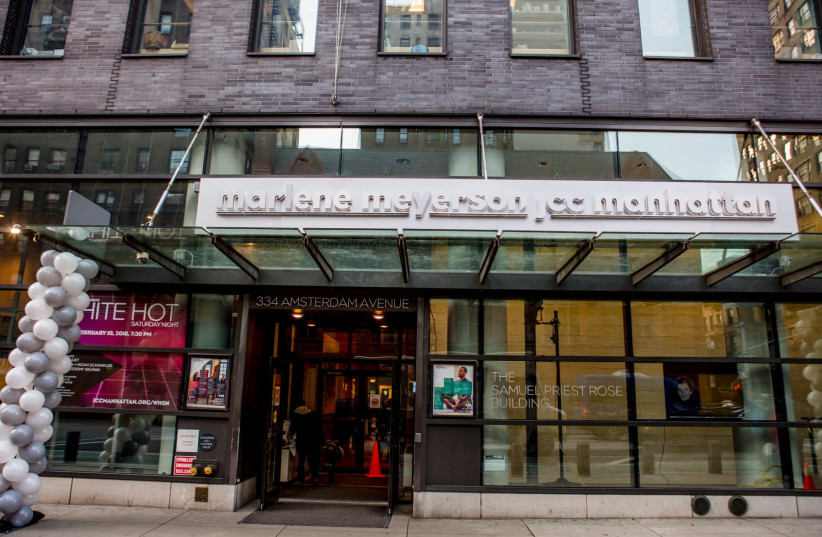Music critic Jeremy Eichler’s study of how classical composers made music after the Holocaust was named the book of the year by the Jewish Book Council, which will present the National Jewish Book Awards Wednesday at the Marlene Meyerson JCC Manhattan.
“Time’s Echo: The Second World War, the Holocaust, and the Music of Remembrance” was named the Everett Family Foundation Book of the Year and won both the Gerrard and Ella Berman Memorial History Award and the Holocaust Award in Memory of Ernest W. Michel. The book explores how four towering composers who lived through the Second World War transformed their experiences into what Eichler calls “intensely charged memorials in sound.”
James McBride won two National Jewish Book Awards for fiction for his novel “The Heaven and Earth Grocery Store,” a sprawling whodunit centering on a small Pennsylvania town whose Jewish and African-American residents find common cause in the 1920s and 1930s.
McBride won the JJ Greenberg Memorial Award for Fiction and The Miller Family Book Club Award in Memory of Helen Dunn Weinstein and June Keit Miller.
The son of a Jewish mother and African-American father, McBride has said the book is based in part on his Jewish grandmother, who was raised in an Orthodox Jewish home in a small Virginia town and worked in her family’s store.

National Jewish Book Awards mark 73 years
The National Jewish Book Awards, in their 73rd year, are an opportunity to “bring to the fore books that may give readers one more way, perhaps a new way, to connect with their Judaism,” said Elisa Spungen Bildner, president of the Jewish Book Council, in a statement.
The awards for books published in 2023 were to be presented Wednesday evening at the JCC Manhattan as part of its Books That Changed My Life festival.
Ruth Madievsky won the the Goldberg Prize for Debut Fiction for her novel “All-Night Pharmacy,” about a troubled young woman and the Soviet Jewish refugee who purports to act as her spiritual guide.
Benjamin Balint received the Biography Award in Memory of Sara Berenson Stone for his book “Bruno Schulz: An Artist, a Murder, and the Hijacking of History,” an examination of the life and legacy of the enigmatic Polish writer.
Sabrina Orah Mark’s memoir “Happily: A Personal History—with Fairy Tales” was awarded the Krauss Family Award in Memory of Simon & Shulamith (Sofi) Goldberg for Autobiography & Memoir. The essays in the book use fairy tales as jumping off points to talk about motherhood, family and the challenges of raising mixed-race children.
Elizabeth Graver’s novel “Kantika,” a 20th-century saga about a Turkish-Jewish family and their immigration to America, won the Sephardic Culture Mimi S. Frank Award in Memory of Becky Levy. Yariv Inbar won the Hebrew Fiction in Translation Jane Weitzman Award for his book “Operation Bethlehem,” which is self-translated.
The Modern Jewish Thought and Experience Dorot Foundation Award in Memory of Joy Ungerleider was awarded to Jeremy Brown for his book “The Eleventh Plague: Jews and Pandemics from the Bible to COVID-19.”
The book council also presented its annual mentorship award, named in honor of the JBC’s former executive director, Carolyn Starman Hessel, to Altie Karper, who retired this past December as editorial director of Schocken, the venerable Jewish publishing house. The judges said Karper “has been at the forefront of promoting Jewish literature, and truly upholding the history and mission of Schocken Books” while helping to “publish some of the most important Jewish books in recent history.”
